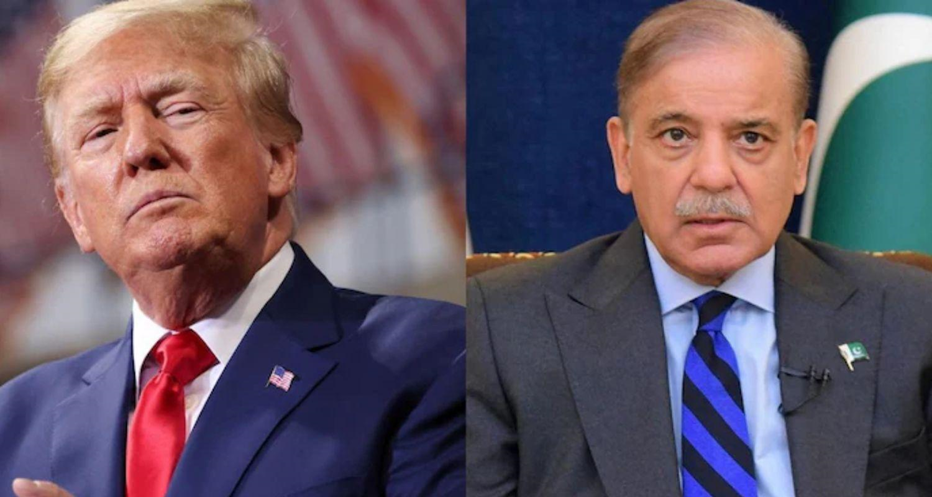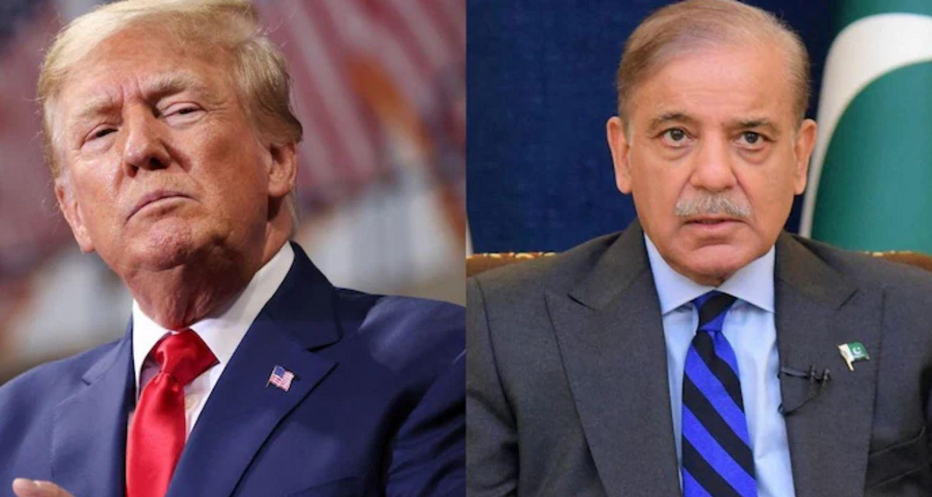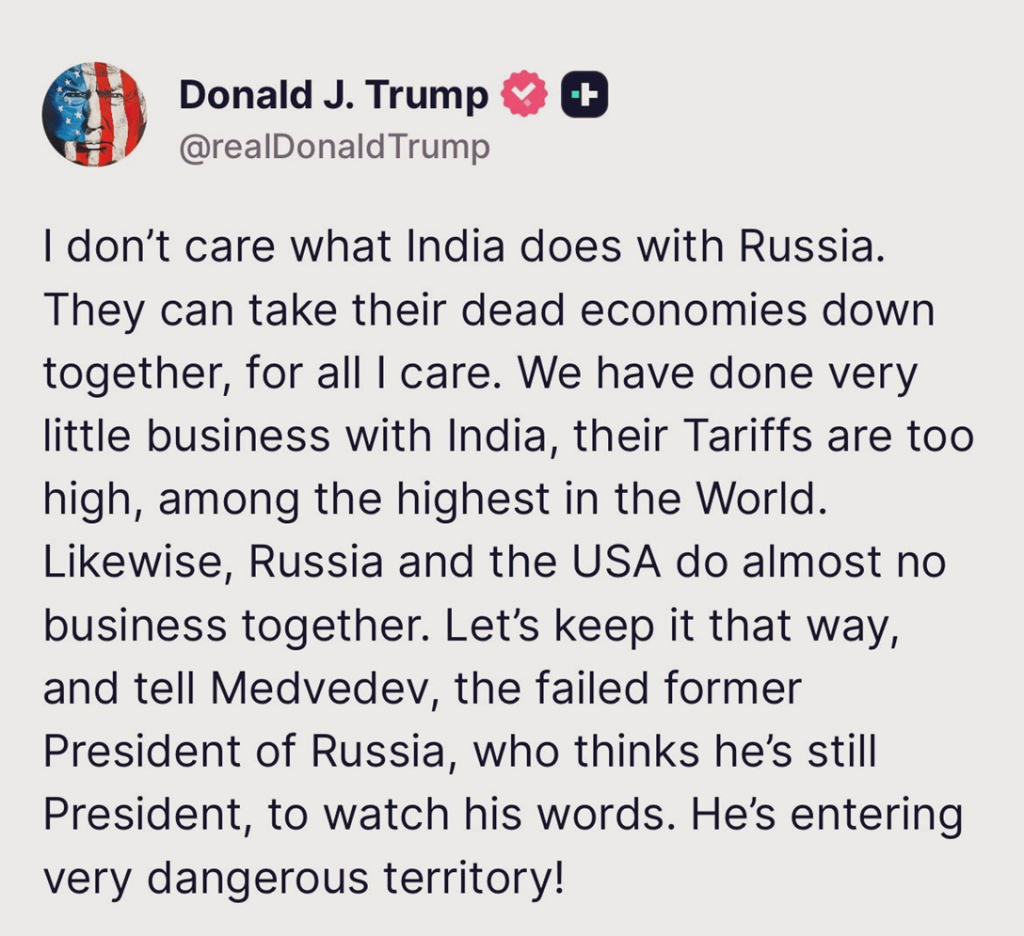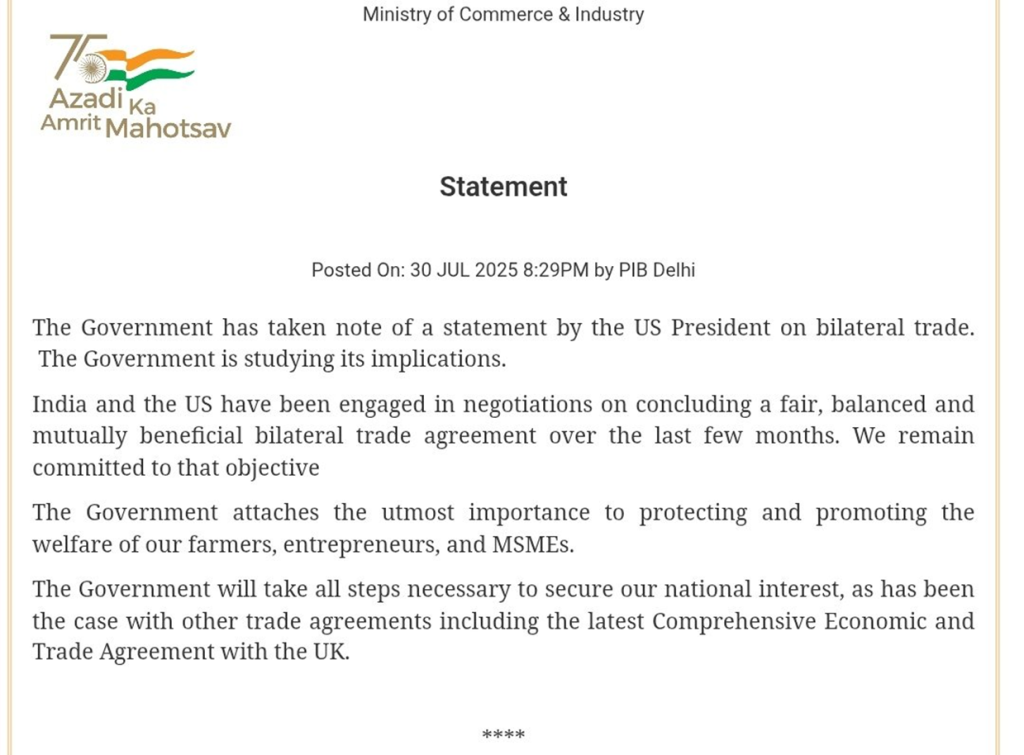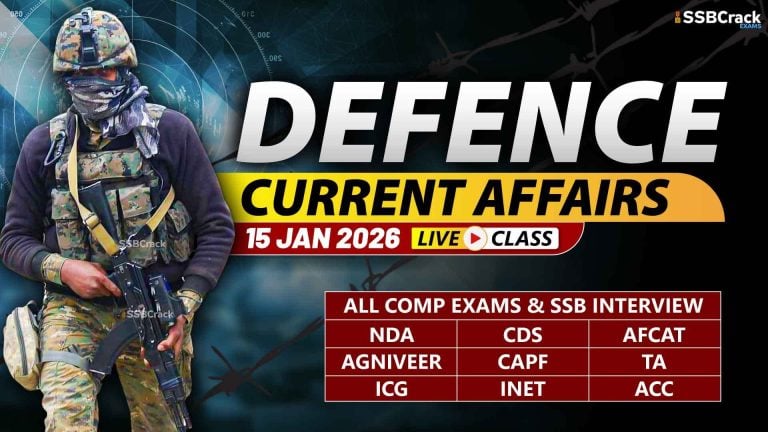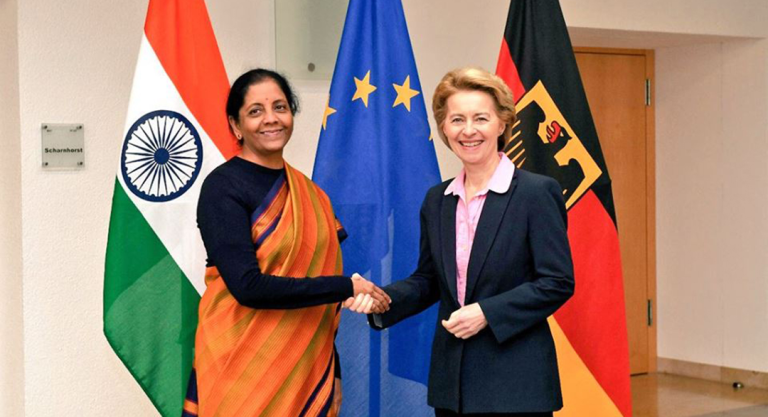The United States and Pakistan have formally signed a comprehensive trade deal, marking a significant development in bilateral economic relations. The agreement includes provisions for reduced tariffs on Pakistani exports to the US and American assistance in developing Pakistan’s vast oil reserves
US Signs Oil Trade Deal With Pakistan
Key Details of the US-Pakistan Trade Deal
- Tariff Reductions: Pakistan, previously facing potential tariffs as high as 29% on its exports to the US, will benefit from significant reductions, improving market access for its goods. The exact new tariff rates have not been detailed publicly, but both parties have described the move as a major economic boost.
- Oil Sector Collaboration: The US has committed to leveraging its technical expertise and investment capacity to help develop Pakistan’s largely untapped oil reserves. This collaboration is seen as a strategic step for Pakistan, which has long relied on imported energy due to underdeveloped domestic resources.
- Broader Economic Cooperation: Officials stated the deal signals a “dawn of a new phase in economic cooperation,” extending beyond energy into sectors such as mining, information technology, and cryptocurrency.
Official Reactions
- US President Donald Trump announced the deal on social media, emphasizing the potential for both nations to benefit from Pakistan’s large oil deposits. He hinted at the ongoing process of selecting the American oil company that will lead the partnership, even alluding to future scenarios where Pakistan might export oil to India.
- Pakistani Prime Minister Shehbaz Sharif described it as a “historic, landmark” agreement, highlighting its potential to expand the two countries’ long-standing partnership and thanking the US leadership for its role.
Context and Motivations
- The agreement comes at a time when the US imposed new tariffs on India, partly in response to India’s continued oil and military deals with Russia. In contrast, the US move to deepen economic ties with Pakistan is seen as a bid to strengthen its regional partnerships and diversify energy investments.
- Pakistan has been seeking foreign partners to help develop its offshore oilfields, hindered so far by technical and financial barriers.
Trade Figures
- In 2024, total goods trade between the US and Pakistan stood at $7.3 billion, while the US registered a $3 billion trade deficit with Pakistan.
Outlook and Strategic Implications
- The partnership is expected to energize US-Pakistan relations and support Pakistan’s economic diversification. While the specifics of the oil sector cooperation—such as timelines, companies involved, and contractual details—are yet to be released, both governments have indicated a commitment to swift implementation.
Caveats
- Many details regarding precise tariff changes, investment amounts, and the timeline for oil field development remain to be clarified. Both governments have promised further disclosures in the coming weeks.
- Some observers note the deal may carry broader regional and geopolitical implications, especially in the context of US relations with India and China.
According to Pakistani officials, this agreement “marks the beginning of a new era of economic collaboration, especially in energy, mines, IT, and other sectors”. Both sides expect stronger trade flows and strategic benefits in the years ahead.
“India, Russia Can Take Their Dead Economies Down Together”: Donald Trump
A day after announcing 25 per cent tariffs on imports from India, US President Donald Trump has dropped another bombshell. Hitting out at India and Russia, he has said he does not care about New Delhi’s dealings with Moscow and that the two “can take their dead economies down together”.
“I don’t care what India does with Russia. They can take their dead economies down together, for all I care. We have done very little business with India, their tariffs are too high, among the highest in the world. Likewise, Russia and the USA do almost no business together. Let’s keep it that way,” he said in a post on Truth Social.
The US President targeted former Russian President Dmitry Medvedev for warning that Washington DC’s “ultimatum game” with Russia could lead to war. “…and tell Medvedev, the failed former President of Russia, who thinks he’s still President, to watch his words. He’s entering very dangerous territory,” the US President said.
India’s Reply
